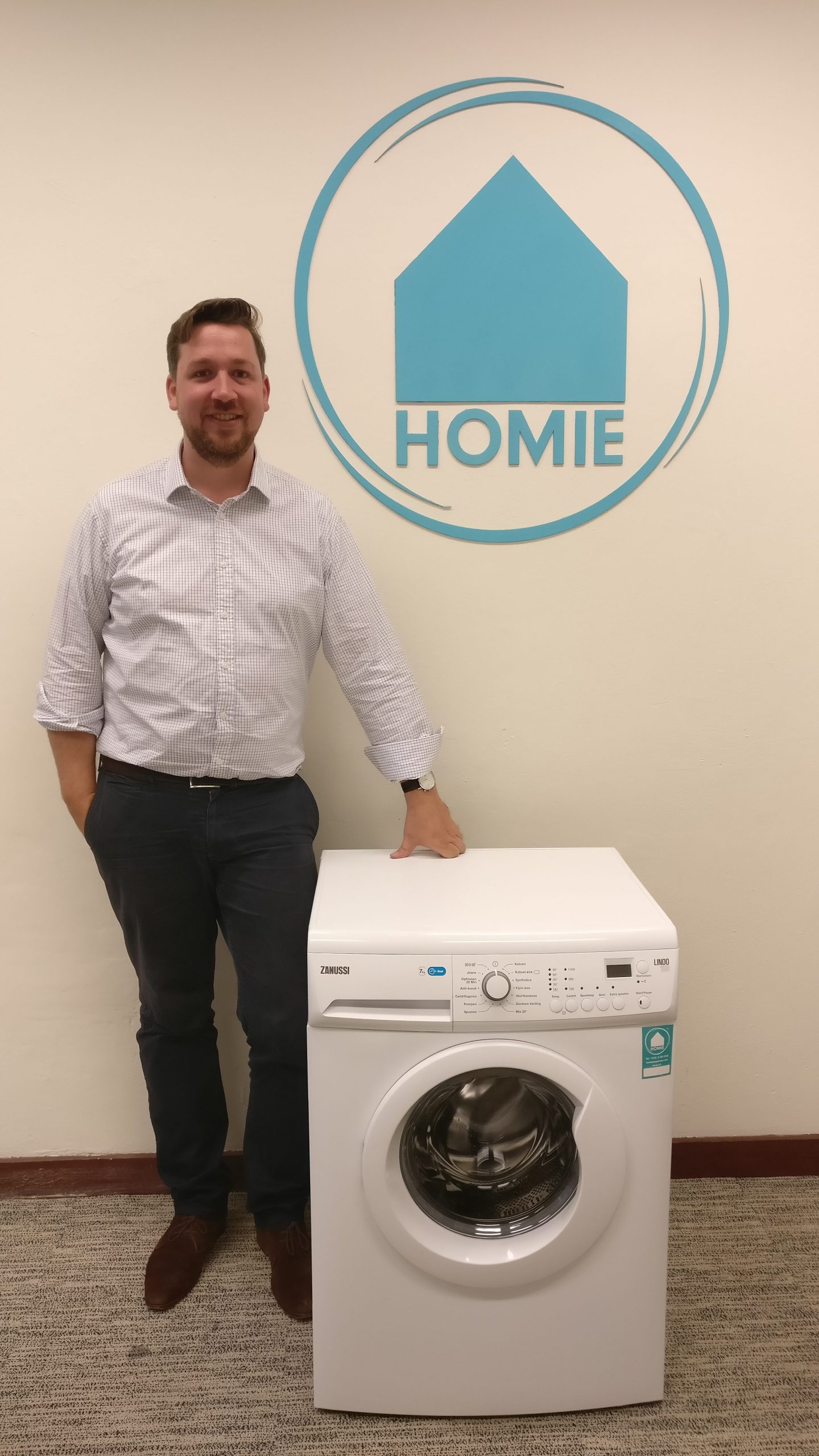People who pay per use tend to use their washing machine less often, and at lower temperatures, a TU Delft study finds. Pay-per-use business models make consumers act more sustainably, they say.
The research team led by Professor Nancy Bocken (Faculty of Industrial Design and Engineering and Lund University, Sweden) studied the behaviour of costumers from HOMIE. This start-up provided 150 households in the Rotterdam-The Hague region with brand-new washing machines since they started last year. Installation, service and repairs are all for free. The customer pays for the use only. Prices vary from EUR 0.75 for a cold wash to EUR 2.50 for a 90 degree Celsius wash. Fifty-six customers joined the research for a two-month experience and 21 customers had been on the programme for five months.
The HOMIE customers not only received a monthly bill after the first free month, but also increasing feedback on the number and types of washes they had done, comparisons between months and, at a later stage, also comparisons with other users. After five months, the system sends customers a specific and personalised washing goal aimed at lowering the number of washes and the total energy consumption.
The effect was a drop in the number of washes from 15 to 12-13 washes per month, and also a drop in temperature from 48 to 40 degrees Celsius.
Both effects reduce the domestic energy use, albeit not drastically. First of all, only about 4% of the domestic energy budget is spent on washing. So even if behavioural changes result in reducing the energy spent on washing by 25%, the total domestic energy reduction will only be about 1%.


The researchers signal a paradox in the pay-per-use business model: ‘Is a sufficiency-driven business model focussed on consuming less financially viable in the long run?’ Further service provisions such as advice and delivery of detergents may improve both business and sustainability, the researchers suggest.
- Nancy M.P. Bocken, Ruth Mugge, Colin A. Bom, Hidde-Jan Lemstra, Pay-per-use business models as a driver for sustainable consumption: evidence from the case of HOMIE, Journal of Cleaner Production (2018), doi: 10.1016/j.jclepro.2018.07.043
Do you have a question or comment about this article?
j.w.wassink@tudelft.nl


Comments are closed.